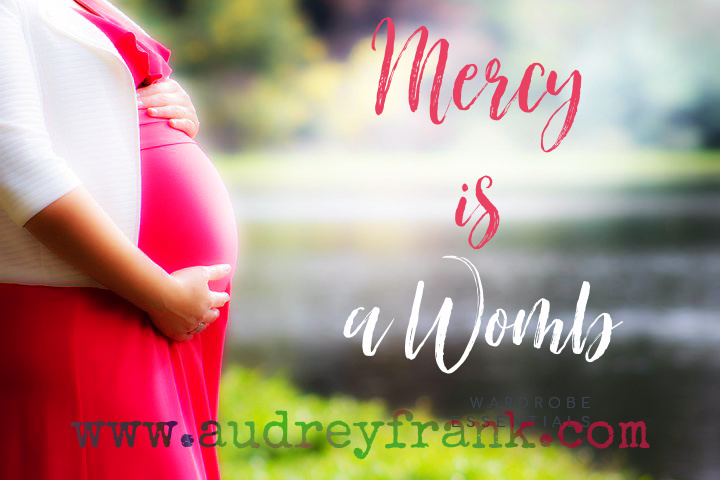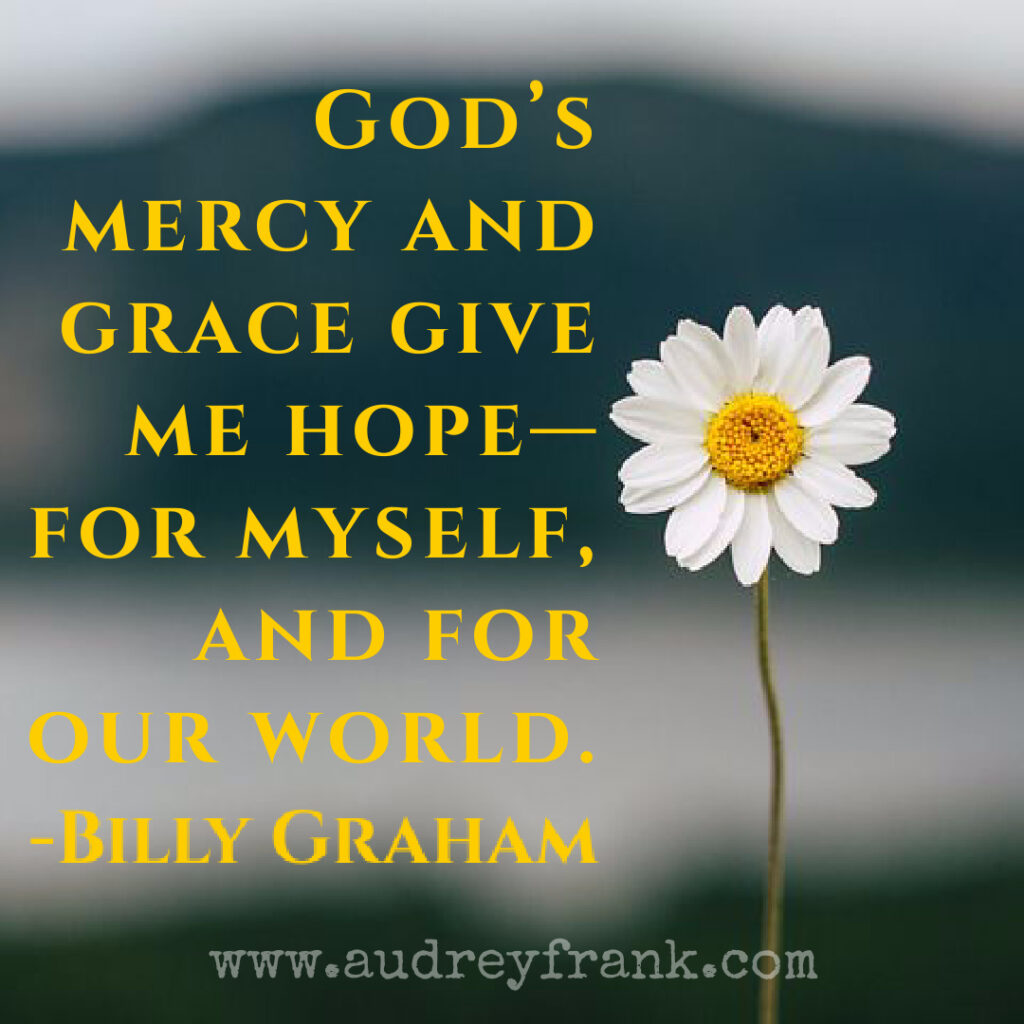Mercy is a Womb

Among other things, mercy is a womb.
A mother’s womb is meant to be a safe place, a sanctuary where new life can begin. An unhurried space, a quiet shelter. A protected refuge where growth happens at exactly the right pace. A nourishing haven, marked by rhythms of rest and movement, development and health.
And at the right time, from this wonderful place, birth happens and the world is changed.
In Hebrew, this place is called rāham (also transliterated as rachem or rechem). Rāhem is a homonym, the same word for both womb and mercy.
How interesting that one word means both womb and mercy. Womb is well understood in the English language. Mercy, on the other hand, can be a somewhat opaque concept declared in high theology and begged for by the desperate.
The New Oxford Dictionary defines mercy as:
“compassion or forgiveness shown toward someone whom it is within one’s power to punish or harm.”
The New Oxford Dictionary, 2020
Mercy in the Old Testament branches from a combination of several Hebrew linguistic concepts.
hānan: have mercy upon, be ‘gracious’, ‘merciful’, particularly from the superior to the inferior, such as a king to a subject, a parent to a child.
I love the Lord, for he heard my voice; he heard my cry for mercy (hānan). Because he turned his ear to me, I will call on him as long as I live.
Psalm 116:1-2
hesed: keenness, eagerness, best expressed by devotion; translated ‘mercy’, ‘kindness’, ‘lovingkindness’, ‘goodness’; its range of meaning is solidarity, kindness, and grace.
He has shown you, O man, what is good. And what does the Lord require of you? To act justly and to love mercy (hesed) and to walk humbly with your God.
Micah 6:8
rāham: womb; translated as ‘have mercy’, ‘compassion’, tender mercies.
The Lord is merciful (hānun) and fair; our God is compassionate (rāham).
Psalm 116:5
Upon close examination of the two meanings of the Hebrew word rāham, we find they are entwined, each infused with the essence of the other.
According to The New Strong’s Complete Dictionary of Bible Words, rāham means “compassion (in the plural); by extension the womb (as cherishing the fetus); by implication a maiden; bowels, compassion, damsel, tender love, (great, tender) mercy, pity, womb.”
The womb is a metaphor of mercy.
The world today groans for #mercy. For a safe place to be held. Nurtured. Protected from danger. Known, cherished, loved, pitied, valued. #BeKind #love Share on XMercy is a womb.
It follows that, when we choose to show mercy to our fellow humans, we become a womb for them. A place they can be held and loved. A safe place to grow.
When was the last time I was a safe place for someone?
Has my life, my time, my home, my heart, invited others to grow awhile? To germinate in the solid confines of a listening ear, to rest in the arms of compassion? To grow stronger with a cup of kindness?
Am I a haven for others, a refuge where they might experience new life and rebirth?
I want to be a womb. I want to be a place of mercy for others.
What would happen if we all, regardless of race, gender, ethnicity, became wombs of mercy for the people around us? #mercy #healing #BeKind Share on XBecoming a vessel of mercy is no easy task, for I get in my own way. I need the mysterious power of the New Life-Giver Himself to work in me and through me, for I am a poor lover of others, a limited giver of myself.
I do this first by asking the Holy Spirit to fill me day after day. As He fills me, He flows out of me and enables me to show mercy beyond my feeble limits to love others.
But the fruit of the Spirit is love, joy, peace, forbearance, kindness, goodness, faithfulness, gentleness and self-control. Against such things there is no law.
Galatians 5:22-23
I next do this by seeing each person, each stranger, loved one, family member, as one worthy of love. Made in the image of God. In this way, I find equality with others regardless of our likenesses or differences. We were each created with intrinsic, equivalent, worth. We have all been equally honored by the gift of Christ’s life, death, and resurrection. Every person deserves to know this hope. Such truth reminders stop my prideful vaunting of self, the laziness of soul and spirit that keeps me from inviting others into a place of mercy.
And when I fail, which I do on a regular basis, I ask for mercy myself from the One who has loved me completely, steadily, persistently, faithfully, all the days of my life.
He held me and gave me a safe place to grow. Through Jesus Christ, God created new life in me and gave me new birth. He continues to hold me and help me grow. He is the Father of mercies.
Blessed is the God and Father of our Lord Jesus Christ, the Father of mercies and God of all comfort, who comforts us in all our troubles so that we may be able to comfort those experiencing any trouble with the comfort with which we ourselves are comforted by God.
2 Corinthians 1:3-4
I can be a womb for others. Today, right now, I can show them the very same mercy I myself received.

God shows us how to show mercy to others. To be a womb for a broken world in need of new life.
Lord, thank You first of all for the mercy You have shown me. For new life. Please make me a womb of Your mercy for others today. Amen.
Unless otherwise noted, Hebrew definitions were taken from The New Bible Dictionary, Third Edition, IVP and the Old Testament Lexical Aids, AMG Publishers.

No Comments